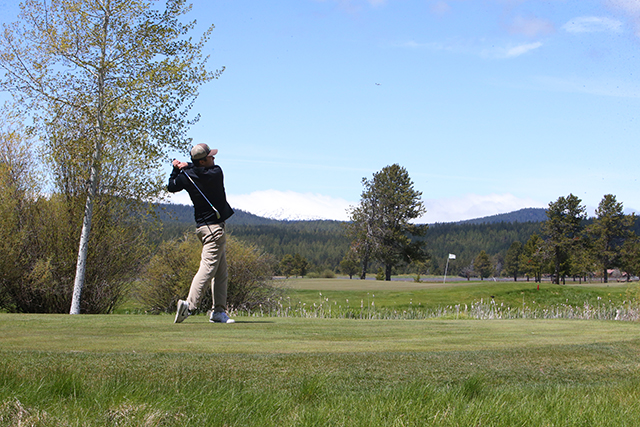Letter: Keeping Central Oregon broadcast channels on the air – and free
Published 12:00 am Sunday, March 30, 2014
The Super Bowl. “Shark Tank.” The Olympics. “NCIS.” Severe weather news and school closings. Campaign debates. AMBER alerts. What do they have in common? They are all brought to you by News Channel 21 and your other local broadcast news stations, for free, over the public airwaves.
However, chances are that you are paying a TV provider for these programs as part of a cable or satellite service subscription (fees which, according to the FCC, have increased almost 6 percent annually.) As you can see every time you open your monthly bill, the cable/satellite companies aren’t hurting — they are making record profits.
Almost two decades ago, Congress concluded that it was unfair for cable companies to resell to their customers program content produced by television stations. Through a process called retransmission consent, they allowed broadcasters to negotiate with these pay-TV providers for their programming content. Although this is a debate in the halls of Congress for Rep. Greg Walden, R-Hood River, to consider, it has local consequences as these retransmission dollars enable News Channel 21 to maintain a robust news service, extended coverage and to play an active role in the community. Local business stories, big sporting events, severe weather alerts, popular TV shows, local community events vital as a tourist destination are all examples of why retransmission consent is important to the residents of Central Oregon.
As the general manager for News Channel 21 in Central Oregon, I understand firsthand the importance of retransmission consent revenues in ensuring consumers’ access to valuable information. For our team, there is no greater commitment than the one to our community. It is the reason I personally became a broadcaster. The power of television as a communication medium goes beyond entertainment. From school closings to the communication of invaluable programs of our 21 Cares for Kids partners, and critical breaking news coverage, you turn to stations like ours for reliable and locally focused programs and information.
In emergency situations, no other communications channel is better equipped with regional knowledge and on-site reporting capabilities. When tornadoes struck Moore, Okla., local news stations provided critical information to residents, saving countless lives. When Superstorm Sandy struck the mid-Atlantic, broadcasters warned those in the hurricane’s path about the oncoming danger and relayed disaster relief information. In August of 1990 when the Awbrey Hall Fire happened in Bend, local residents depended upon the familiar team at News Channel 21 and the crucial news alerts we provided. As events unfolded, EMS and other first responders similarly relied upon reporting provided by News Channel 21 and were able to provide them with up-to-the-minute information.
But now, cable, satellite and other pay-TV providers are lobbying Congress for special treatment, claiming that the retransmission consent process is broken and that fees for broadcast programming are forcing them to charge consumers even higher prices. At the same time, they are increasingly threatening blackouts or service interruptions when retransmission negotiations don’t go their way.
We hope congressman Walden, a champion for the residents of Central Oregon, recognizes the benefits of keeping the current retransmission consent rules as they currently stand. Though the revenue streams we receive from pay-TV providers play a large role in the communities we serve, they represent a tiny fraction of their huge total budgets.
In addition to station activities, these fees also help to pay for investments in new technology and staff. For many stations, retransmission consent revenues have enabled us to produce more and better locally produced programming, acquire more higher rated, syndicated programming, support the development of robust, interactive websites and multicast in standard and high-definition.
There is simply no substitute for local news stations. It is important that policymakers in Washington allow viewers to continue unfettered access to free, local, over-the-air, television broadcasts, today and into the future. It is only fair that the government allow broadcasters to negotiate for retransmission revenue that funds this content to consumers who are paying cable companies so much for it.
— Bob Singer is the general manager of News Channel 21 in Bend.






